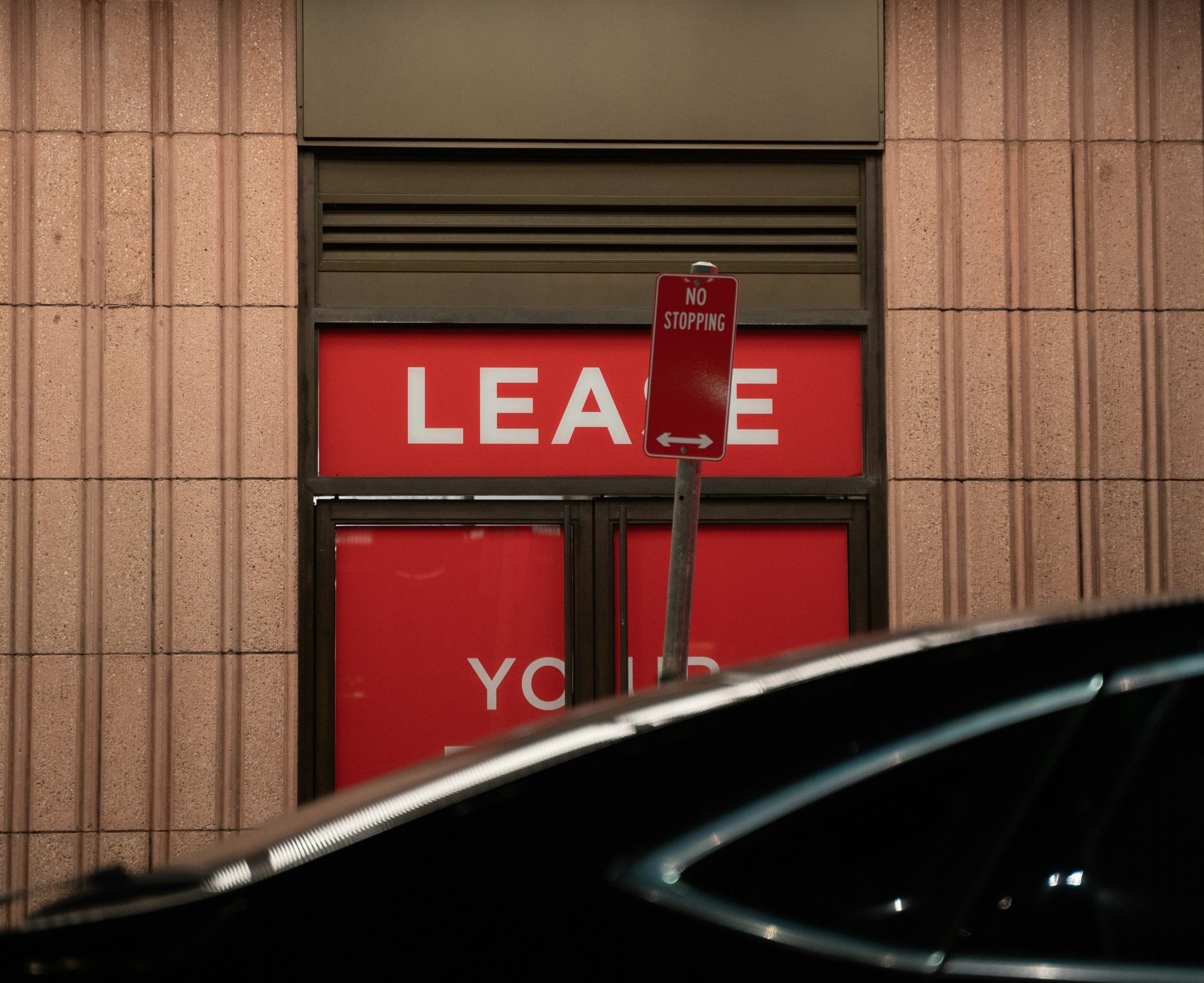Are you buying or selling a business, or selling your commercial property? If your deal involves a commercial lease, you might need to transfer the lease.
A lease transfer, or assignment of lease, happens when a tenant (called the assignor) transfers their lease to someone else (the assignee).
Why engage a Commercial Lease Lawyer?
- If you are transferring a lease and you do it incorrectly, then you could remain liable under the lease. If the new tenant breaches the lease, damages the property, or doesn’t pay rent, you might still be liable. The landlord also may not return your bond, because you will still legally be the tenant.
- If you are receiving the lease and the transfer is not done correctly, you may be unable to exercise rights under the lease – for example, any option under the lease. The landlord might also have the right to terminate the lease, because the assignor is still technically the lessee and may have breached the lease by transferring it to you incorrectly.
- There may be stamp duty on some lease transfers. Also, there can be GST issues if you are selling a business but do not transfer the lease properly as part of the sale.
What will a Commercial Lease Lawyer do?
- Review the Lease: Most leases set out when and how a tenant may transfer their lease. Lease transfers are also regulated by State and Territory laws.
- Landlord’s Consent: Usually, you need the landlord’s approval to transfer the lease. The landlord might have conditions, like making sure the new tenant is financially stable or that their business fits the property. Your lawyer can help you put together, or respond to, an application for consent.
- Investigate: Your lawyer will normally investigate the land and the parties. If the use of the premises will change, the lawyer will make sure the use is permitted. The lawyer may check parties’ identities to make sure the lease transfer can be registered and (if applicable) the lease transfer is able to be assessed for duty. Your lawyer can conduct checks to make sure any new guarantors are not bankrupt or that they own the assets they claim to own.
- Prepare or review an Agreement: This is a legal document that sets out the terms of the transfer and confirms that any required consent from the landlord has been given. It will often set out the landlord’s requirements for the transfer and may provide for the assignor (and their guarantor) to be released from the guarantee and for new guarantees to be given.
- Lease Transfer: When the transfer date arrives, the keys are given to the new tenant and the lease is transferred. If the lease is registered, then the transfer of the lease will need to be registered with the land titles office.
Transferring a commercial lease takes careful planning. Knowing the legal steps and possible issues helps make the process smoother. If you’re buying a business, remember that the lease transfer is a big part of the deal. Always get professional legal advice to protect your interests. Our team of commercial leasing lawyers can help you through this process.
Further reading

elringtons lawyers regularly provide legal advice in relation to a range of commercial matters. Please contact our Business and Commercial Team for more information or to make an appointment call (02) 6206 1300













